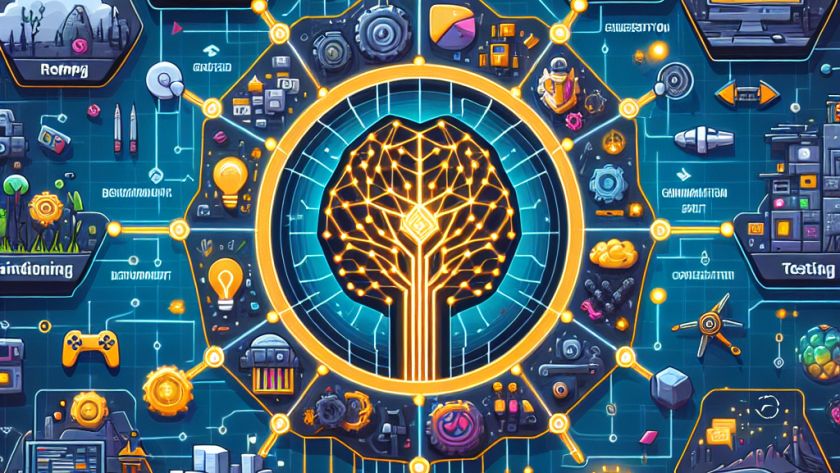Large Language Models (LLMs) play a crucial role in computational linguistics. However, their enormous size and the massive computational demands they require make deploying them very challenging. To faciliate simpler computations and boost model performance, a process of "quantization" is used, which simplifies the data involved. Traditional quantization techniques convert high-precision numbers into lower-precision integers,…












